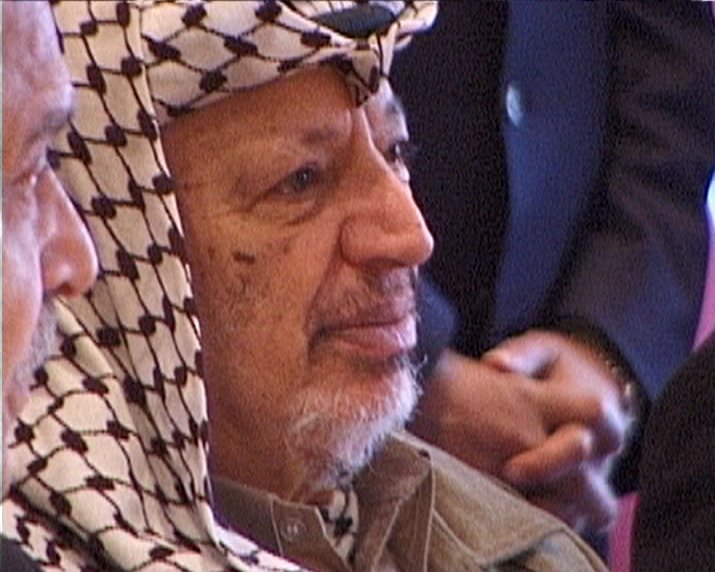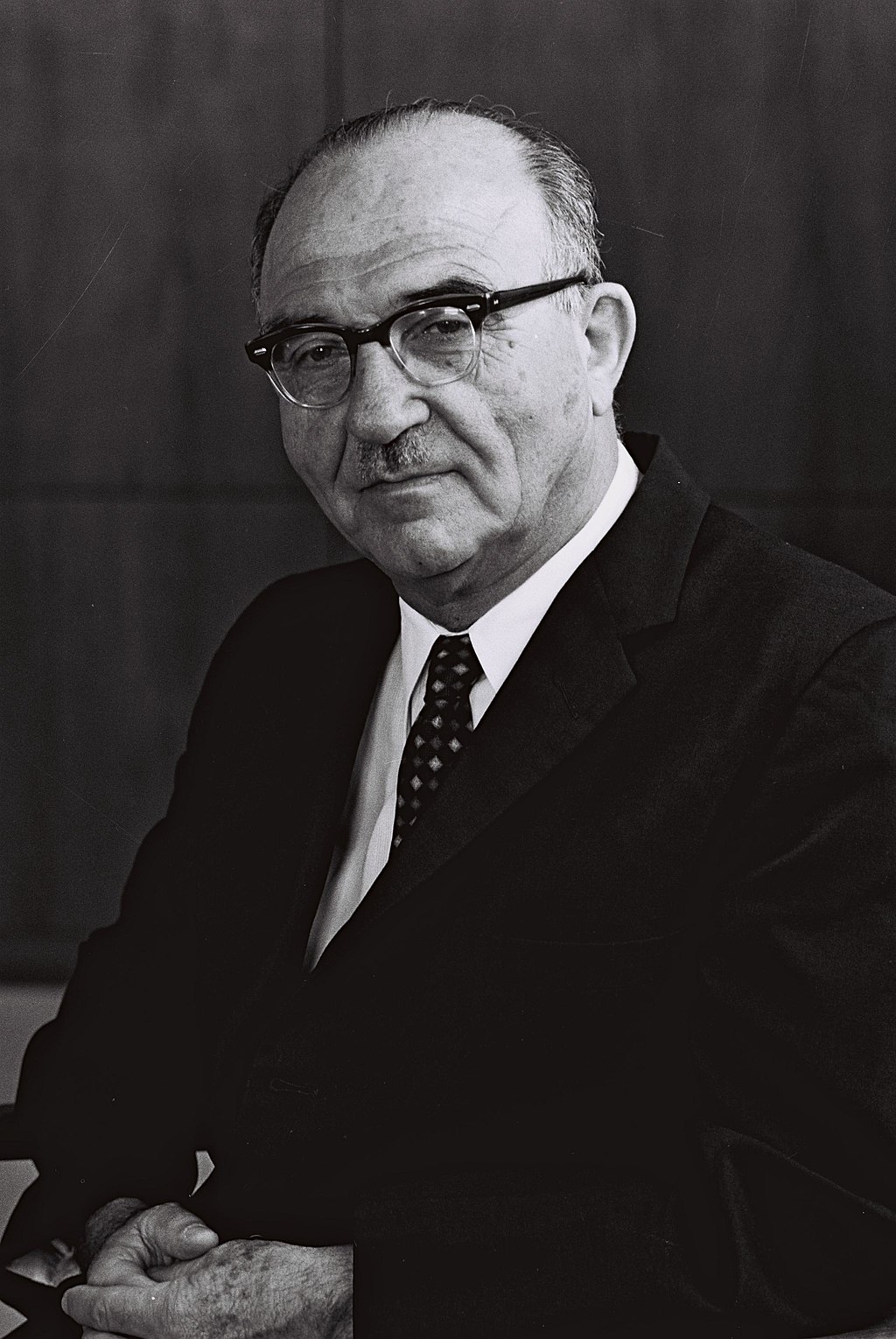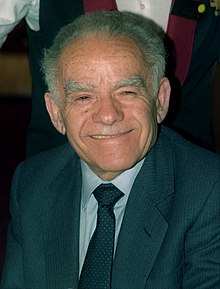The leadership of the Palestinian people has undergone significant changes since the mid-20th century, with each era marked by a shift in strategy, ideology, and the approach to achieving Palestinian aspirations. From the charismatic and revolutionary leadership of Yasser Arafat to the more diplomatic, though controversial, tenure of Mahmoud Abbas, Palestinian political leadership has continuously evolved in response to internal dynamics and the broader Israeli-Palestinian conflict. Understanding this evolution is essential to grasp the current state of Palestinian politics and its future trajectory.
While the overarching goal of Palestinian leadership has remained the establishment of a Palestinian state, the methods and strategies have varied greatly. Arafat’s period was characterized by armed struggle and international advocacy, while Abbas has pursued diplomatic engagement and negotiations. However, both leaders have faced internal challenges and external pressures, particularly in relation to their dealings with Israel and the broader Arab world.
Yasser Arafat: The Revolutionary Leader
Yasser Arafat, the founder of the Palestine Liberation Organization (PLO) and leader of the Fatah movement, was the face of Palestinian nationalism for much of the 20th century. Born in Cairo in 1929, Arafat became involved in Palestinian politics at a young age, co-founding Fatah in 1959. His vision of armed resistance and the eventual creation of an independent Palestinian state resonated with many Palestinians, particularly after the Six-Day War in 1967, which saw Israel occupy the West Bank, Gaza Strip, and East Jerusalem.
Under Arafat’s leadership, the PLO adopted a strategy of armed struggle against Israel, launching guerrilla attacks and gaining notoriety for high-profile terrorist acts, including the hijacking of planes and the attack on Israeli athletes at the Munich Olympics in 1972. While these tactics brought international attention to the Palestinian cause, they also alienated many in the West, who viewed the PLO as a terrorist organization.
Despite this, Arafat’s ability to unify disparate Palestinian factions under the PLO’s umbrella was a significant achievement. He built the PLO into a broad political and military organization that represented the Palestinian people on the world stage. Over time, Arafat shifted his approach, moving from militancy to diplomacy, particularly in the 1980s and 1990s. This change was formalized with the signing of the Oslo Accords in 1993, in which Arafat recognized Israel’s right to exist and agreed to a framework for Palestinian self-governance.
The Oslo Accords: A Diplomatic Turning Point
The Oslo Accords represented a turning point in Palestinian political leadership. For the first time, the PLO recognized Israel and agreed to a two-state solution. In return, Israel recognized the PLO as the legitimate representative of the Palestinian people and agreed to the creation of the Palestinian Authority (PA), which would have limited self-rule in parts of the West Bank and Gaza.
Arafat’s decision to sign the Oslo Accords was controversial. While some Palestinians saw it as a pragmatic step toward statehood, others viewed it as a betrayal of the Palestinian cause. The accords failed to address key issues such as the status of Jerusalem, the right of return for Palestinian refugees, and the future of Israeli settlements. These unresolved issues, combined with ongoing violence, ultimately led to the collapse of the peace process.
Arafat’s leadership during the Second Intifada (2000-2005), a period of violent clashes between Palestinians and Israelis, further damaged his credibility as a peacemaker. Israel and the United States increasingly viewed Arafat as an obstacle to peace, and by the time of his death in 2004, the Palestinian political landscape was deeply divided.
Mahmoud Abbas: The Diplomat
Following Arafat’s death, Mahmoud Abbas, a longtime member of Fatah and the PLO, was elected president of the Palestinian Authority in 2005. Unlike Arafat, Abbas was a more cautious and diplomatic leader, known for his opposition to armed struggle and his support for negotiations with Israel.
Abbas’s leadership has been characterized by a commitment to the two-state solution and an emphasis on diplomacy. Early in his tenure, Abbas worked closely with the international community, particularly the United States and the European Union, to build institutions and improve governance in the West Bank. His government focused on economic development and security cooperation with Israel, which led to relative stability in the West Bank compared to Gaza.
However, Abbas’s leadership has not been without challenges. One of the most significant obstacles he faced was the rise of Hamas, the Islamist political and militant group that won a majority in the 2006 Palestinian legislative elections. The subsequent split between Fatah and Hamas has effectively divided the Palestinian territories, with Abbas’s Fatah controlling the West Bank and Hamas ruling Gaza. This division has weakened the Palestinian national movement and complicated efforts to achieve statehood.
The Challenge of Hamas
Hamas’s victory in the 2006 elections was a turning point in Palestinian politics. The group’s refusal to recognize Israel, coupled with its commitment to armed resistance, set it on a collision course with Abbas’s more moderate approach. The conflict between Fatah and Hamas culminated in a violent takeover of Gaza by Hamas in 2007, leaving Abbas’s government in control of only the West Bank.
Since then, Abbas has struggled to reunite the Palestinian territories. Several attempts at reconciliation between Fatah and Hamas have failed, and the divide has made it difficult for Abbas to present a unified Palestinian position in negotiations with Israel. Moreover, Hamas’s control of Gaza has led to repeated military confrontations with Israel, further complicating the prospects for peace.
Abbas’s Diplomatic Strategy and the Quest for Statehood
Despite these challenges, Abbas has continued to pursue diplomatic channels in his quest for Palestinian statehood. Under his leadership, the Palestinian Authority has sought international recognition at the United Nations and other global institutions. In 2012, the UN General Assembly granted Palestine non-member observer state status, a symbolic victory for Abbas’s diplomatic efforts.
However, Abbas’s reliance on diplomacy has faced criticism from within Palestine. Many Palestinians, particularly younger generations, view his leadership as ineffective and out of touch with the realities on the ground. Frustration with the stalled peace process, continued Israeli settlement expansion, and the economic hardships faced by many Palestinians have eroded Abbas’s support base.
In recent years, Abbas has also faced growing pressure from the international community to make concessions in peace negotiations with Israel. However, he has resisted calls to compromise on key issues such as the status of Jerusalem and the right of return for Palestinian refugees. This has led to a deadlock in negotiations, with little progress made toward a final resolution to the conflict.
Conclusion: The Future of Palestinian Leadership
The evolution of Palestinian political leadership, from Yasser Arafat to Mahmoud Abbas, reflects the broader challenges and complexities of the Israeli-Palestinian conflict. Arafat’s legacy as a revolutionary leader and symbol of Palestinian resistance has been tempered by his eventual embrace of diplomacy, while Abbas’s tenure has been defined by his commitment to nonviolence and negotiations.
However, both leaders have faced significant internal and external obstacles in their pursuit of statehood. The split between Fatah and Hamas, ongoing Israeli settlement expansion, and the failure of peace talks have all contributed to the current impasse. As Abbas’s leadership nears its end, the question of who will succeed him and how future Palestinian leaders will navigate these challenges remains open.
Ultimately, the future of Palestinian leadership will depend on the ability to unite the Palestinian people, engage in meaningful negotiations with Israel, and adapt to the changing political dynamics of the Middle East. Whether through continued diplomacy, internal reform, or new approaches to governance, the next generation of Palestinian leaders will face the daunting task of securing a future of peace and prosperity for their people.



